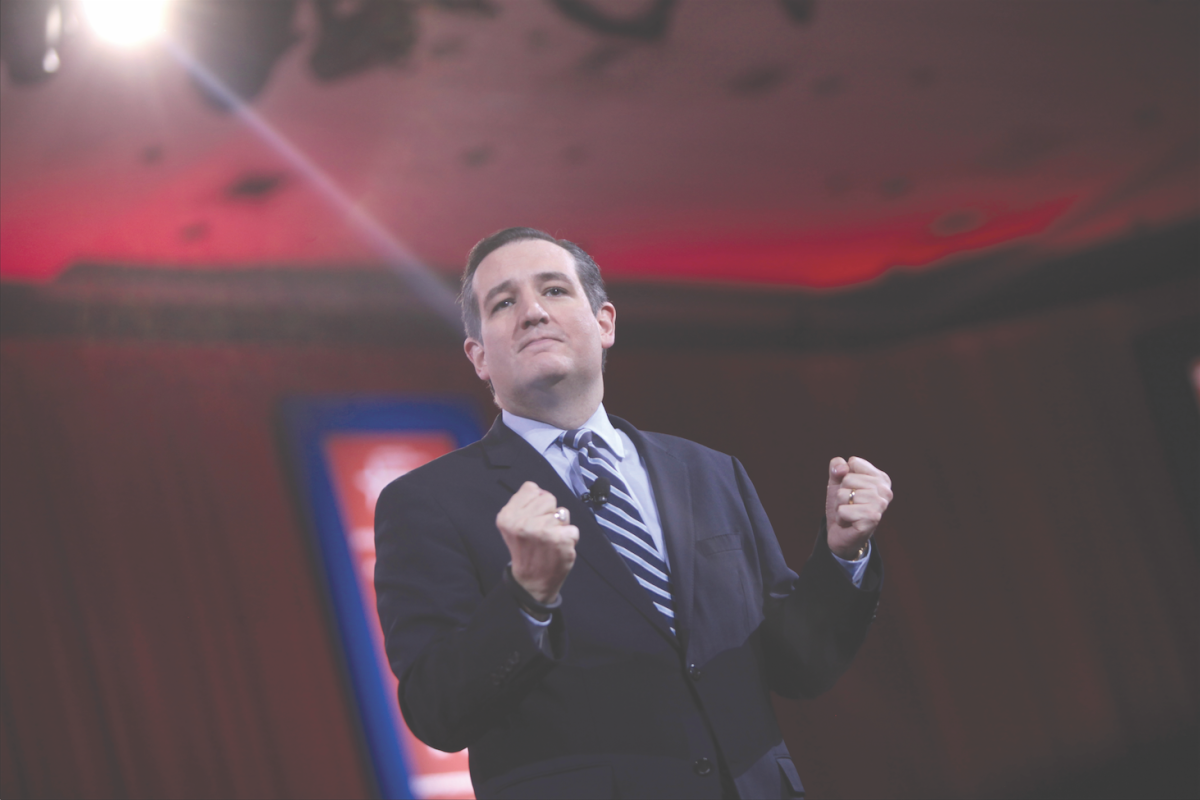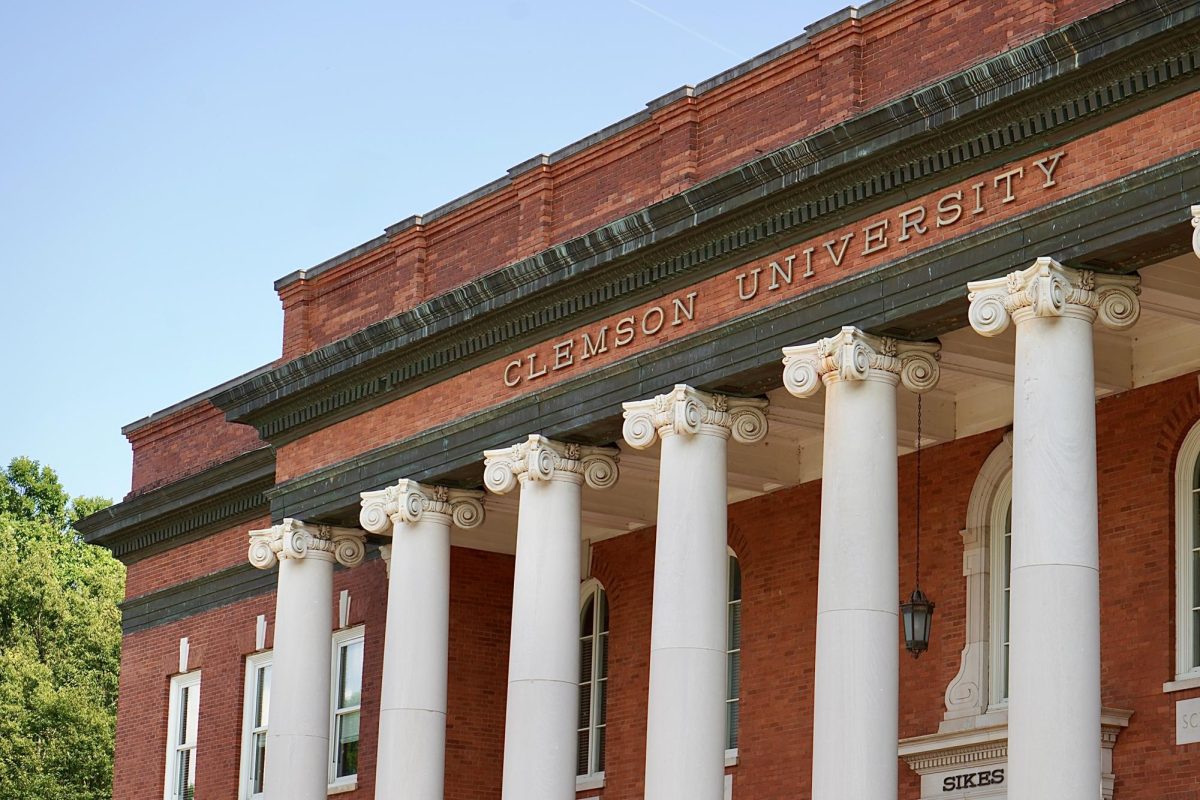One week from now the next big round of GOP primary races will be in the books, with two of the most important states, Florida and Ohio, on the horizon.
On Super Tuesday, the real battle was for third place, since many of those states had minimum thresholds for voting. In Texas, for example, a minimum of 20 percent of the vote is required in order to receive any delegates from their proportional split. Florida and Ohio, however, are all-or-none, making it do or die in Florida for Rubio and Ohio for Kasich.
Kasich announced a little while back that if he didn’t win his home state then he would drop out, although according to most recent polls he has a demanding lead. However, the Rubio campaign is not looking as settled in their stomping grounds of Florida. Depending on which poll you look at Rubio is down by anywhere from seven to 20 points behind Trump. Losing this state would almost certainly be the end of Rubio’s campaign.
Ted Cruz did very well this weekend, winning Kansas and Maine and keeping results significantly closer in the other states than previously expected. He is finally showing that he may actually be the one who can beat Trump, like he has been saying for weeks. Cruz is only 82 delegates behind Trump, but with Idaho and Mississippi, both strong Trump lands, voting this Tuesday, that number is likely to grow before it shrinks.
Also voting this Tuesday is Michigan, which is supposed to be one of the few places other than Ohio where Kasich can do well. Even after Kasich’s strong debate showing this past Thursday he is still trailing both Donald Trump and Ted Cruz in most major polls. If he doesn’t win Michigan, which at this point seems likely, Kasich will have almost no shot at the nomination.
Around 1,200 total delegates are needed to secure the nomination before the convention. However, if all four candidates manage to stay the nomination will be settled at the Republican convention. Don’t count on this, however, since it seems this is quickly becoming a two-horse race between Cruz and Trump. Also, since the adaptation of the modern primary system in the 1980s, no race has gone to the convention undetermined. Many of the party leaders also desperately want to avoid this due to the infighting and splintering of the party that it would likely cause.
Ben Carson’s exit of the race this past Friday raises a very important question in its own right: Who will get his supporters? Carson fans tend to be very evangelical, similar to those of Cruz, but he was also viewed as an anti-establishment candidate, which could turn many of his voters toward Trump. Either way, these votes are likely to be the deciding factor in the upcoming races since Trump and Cruz have been so close in recent states.








